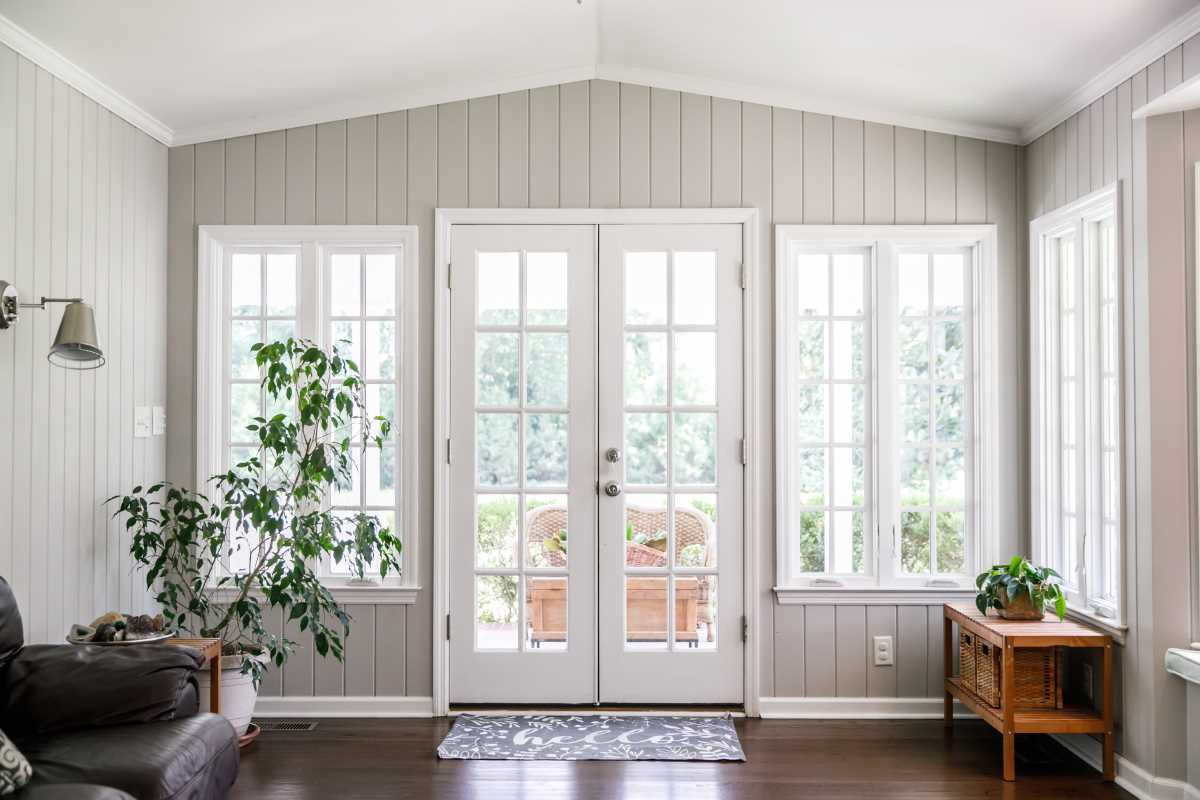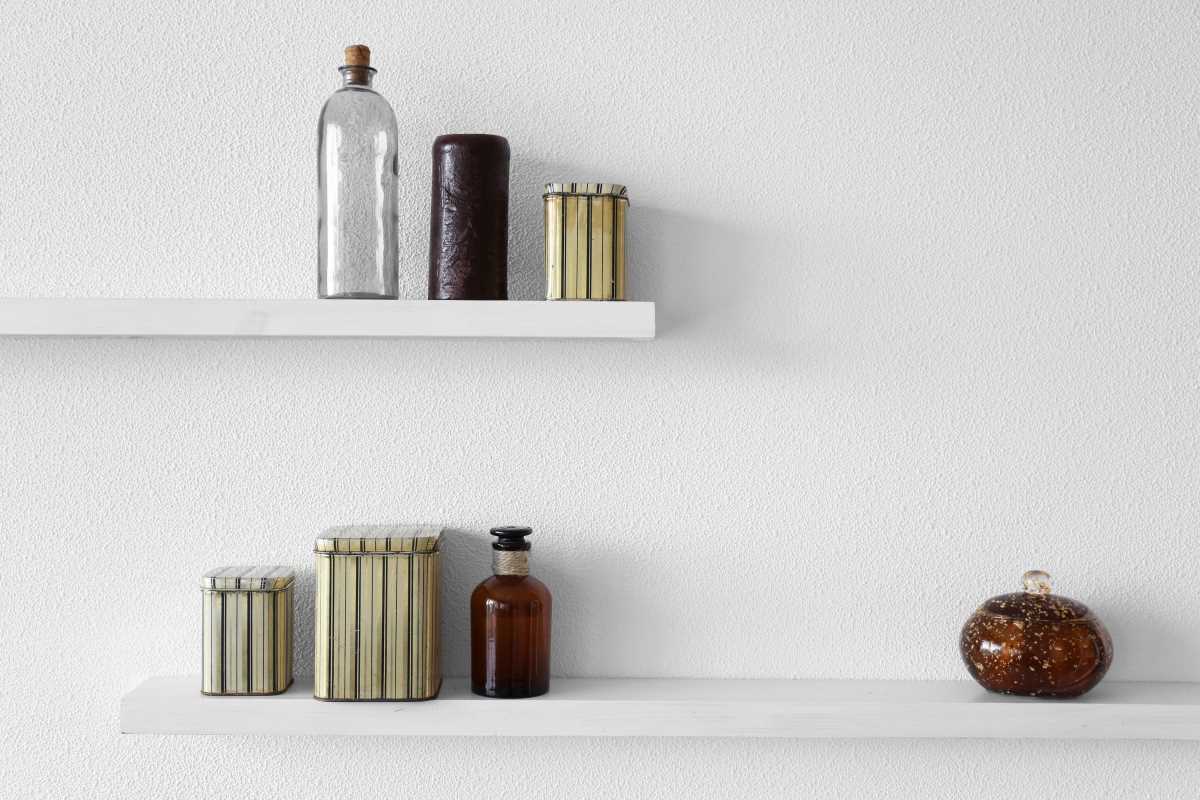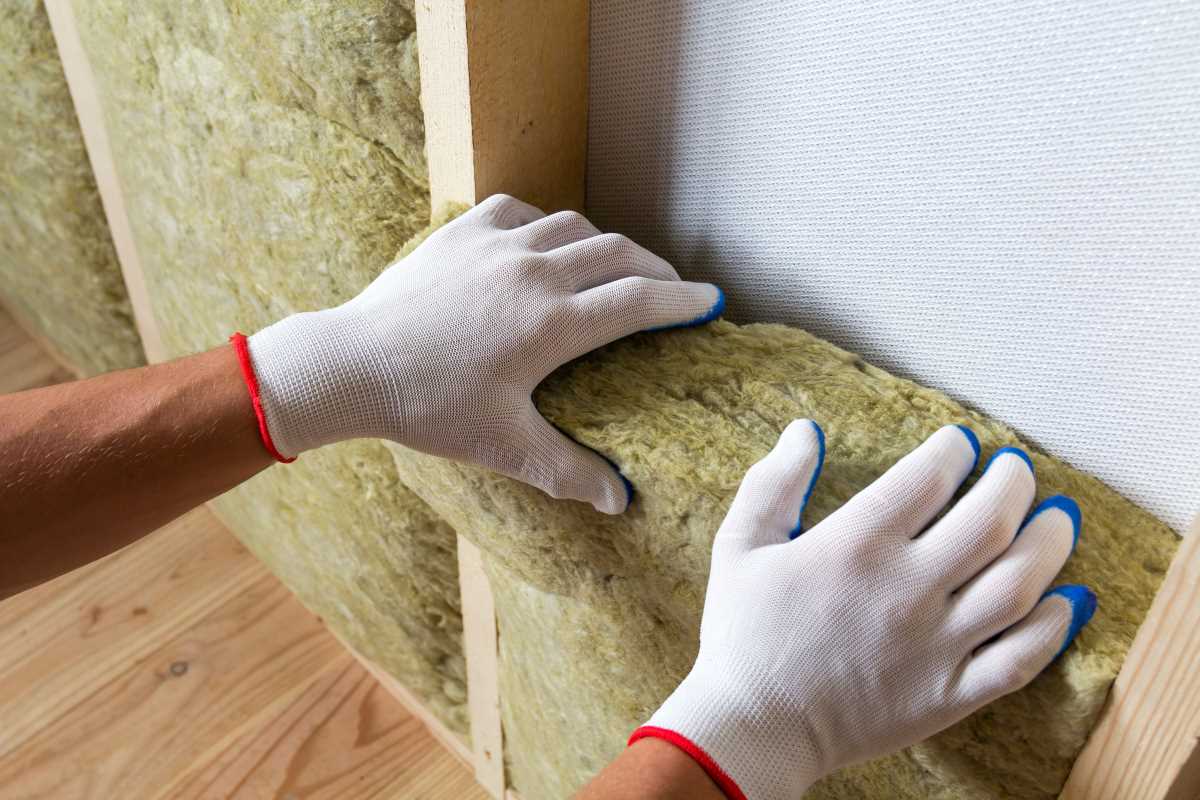When it comes to refreshing the look of a room, painting is a cost-effective way to achieve professional results without breaking the bank. Whether you are a novice or an experienced DIY enthusiast looking to elevate your space, mastering the art of painting can make a significant difference. From selecting the right tools and paint colors to prepping the room and applying the paint with precision, this guide will cover everything you need to know to transform your room into a professionally painted masterpiece.
Selecting the Perfect Paint Color
Choosing the right paint color is crucial as it sets the tone for the entire room. Consider factors such as the room's natural lighting, the mood you want to create, and the existing decor. Opt for neutral shades for a timeless look or bold hues for a statement wall. Remember, lighter colors make a room feel more spacious, while darker tones add depth and coziness.
Gathering the Essential Painting Tools
To achieve professional results, invest in quality painting tools. Essential items include high-quality brushes, rollers, painter's tape, drop cloths, a paint tray, and a stirring stick. Good tools not only make the painting process smoother but also ensure a uniform and flawless finish. Additionally, consider using a primer to prep the walls for paint, especially if you are covering dark or uneven surfaces.
Prepping the Room for Painting
Before diving into painting, prepare the room by removing furniture, covering floors and fixtures with drop cloths, and cleaning the walls to ensure a smooth application. Fill any holes or cracks with spackling paste and sand the surfaces for a seamless finish. Use painter's tape to protect trim, ceilings, and baseboards from accidental paint splatters, ensuring clean lines and professional-looking results.
Applying Paint with Precision
When it comes to painting your room, technique matters. Start by cutting in the edges with a brush and then use a roller for larger surfaces. Work in small sections, keeping a wet edge to avoid visible seams. Apply multiple coats as needed, allowing each coat to dry completely before adding another layer. For a professional finish, paint with steady, even strokes and avoid overloading the brush or roller with paint.
Adding the Finishing Touches
Once the paint has dried, remove the painter's tape carefully to reveal crisp lines. Touch up any imperfections with a small brush and enjoy your freshly painted room. Consider adding decorative elements such as an accent wall, a gallery of artworks, or new accessories to complete the look. Step back, admire your work, and revel in the transformation you have achieved with a fresh coat of paint.
By following these tips and techniques, you can achieve professional results when painting your room. With careful preparation, attention to detail, and the right tools, you can elevate your space and create a stunning backdrop for your home. Whether you are looking to refresh a tired room or add a personal touch to a new space, painting is a versatile and rewarding DIY project that can instantly uplift the ambiance of any room. Happy painting!
 (Image via
(Image via





